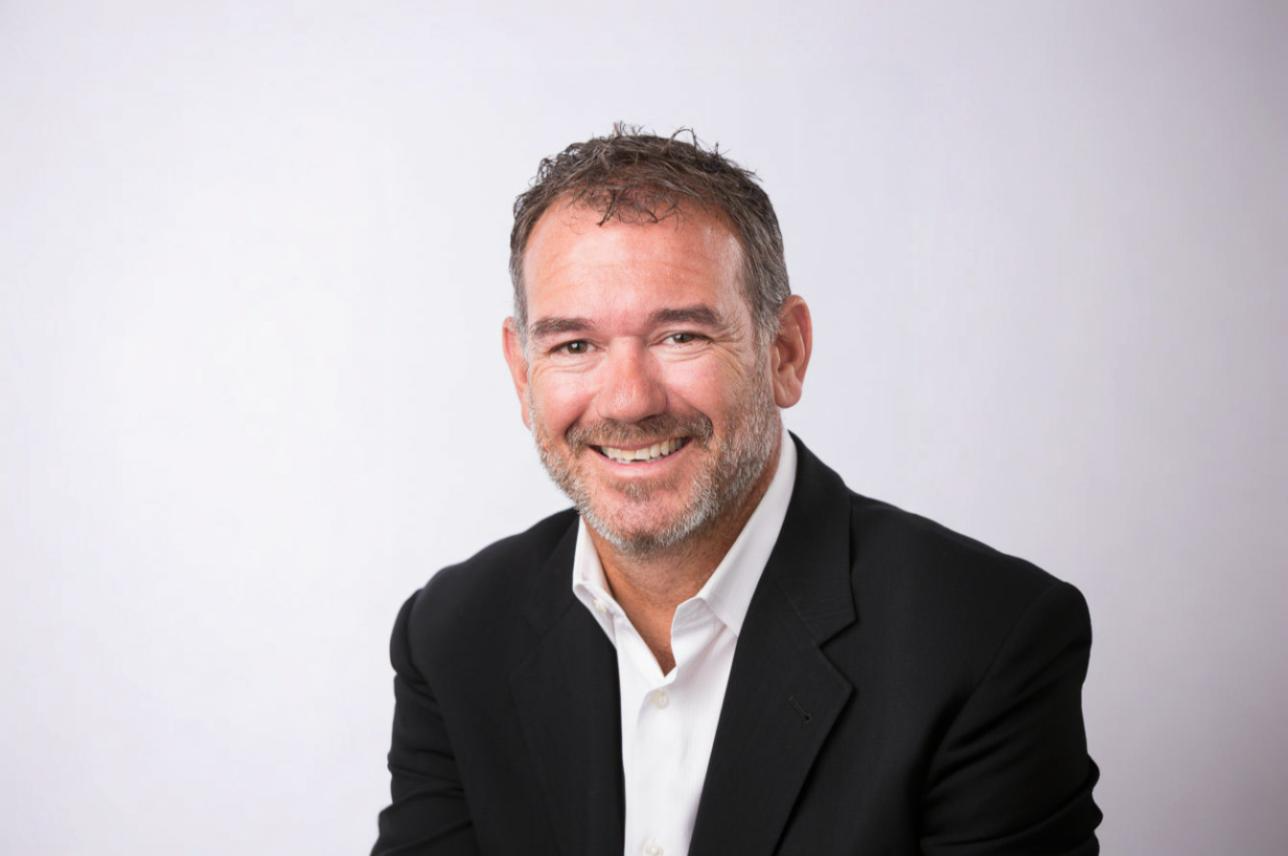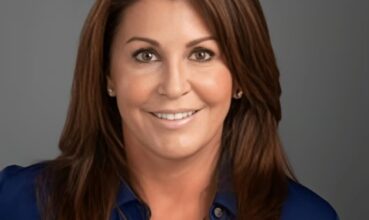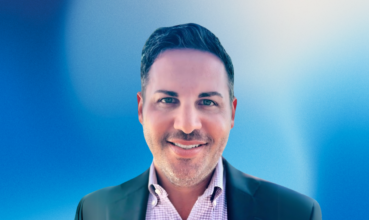“I think it’s an evolution more than anything,” explains Josh Simon, Principal at CPG, reflecting on the changes reshaping Washington DC’s office market. “More ...
OB Jacobi on Transparency, Family Business, and the Future of Real Estate




In an industry facing unprecedented scrutiny and change, OB Jacobi, President of Windermere, stands as a vocal advocate for transparency and consumer protection. As president of a family-owned brokerage with 6,500 agents across 325 offices in 10 states, Jacobi brings a unique perspective shaped by both family legacy and forward-thinking leadership.
“If you let Wall Street bulldoze, you’re going to get crushed. We’re going to have to take a stance and do the right thing for consumers. And there are moments when we must act. Now is one of those,” says Jacobi.
A Family Business with Deep Roots
Windermere’s story begins in 1972, when Jacobi’s father, a banker “sick of the bureaucracy,” purchased a small brokerage with just six agents. “The story goes, of almost all real estate family businesses, it’s a business of entrepreneurs,” Jacobi explains. His father expanded by partnering with different agents, establishing the foundation of what would become Windermere.
Jacobi’s own path to real estate wasn’t direct. After getting his license in 1989 while in college, he initially resisted joining the family business. “After college, I ended up opening a bar and thinking, ‘There’s no way in hell I’m ever going back to real estate,'” he recalls. His timing was fortuitous—it was the era of Nirvana, Pearl Jam, and Soundgarden in Seattle. The 10,000-square-foot establishment later expanded to include a sports bar during the Seattle Sonics’ NBA Finals run against the Chicago Bulls.
It was Jacobi’s sister Jill who eventually convinced him to return to real estate. “She came to me and said, ‘What are you doing? You’re a moron. Come join the family business.’ So I did that,” he says with characteristic candor.
Since rejoining Windermere, Jacobi has worked in virtually every aspect of the business, as an agent, property manager, and office manager before moving into corporate leadership about 15-20 years ago. Today, he runs the franchise operation alongside his sister and brother-in-law, Joe and Jeff Wood.
The Windermere Difference: Family Values and Short-Term Commitments
What distinguishes Windermere in a crowded marketplace? Jacobi points to the company’s Northwest roots and family-oriented culture. “We’re very much a northwest, homegrown, family-run business,” he says. This family ethos extends beyond the corporate leadership as approximately 85 Windermere franchise offices have been passed down to second-generation owners.
Perhaps most striking is Windermere’s unusual franchise agreement structure. “Our franchise agreement is six months, which is very different than a five or ten-year agreement,” Jacobi reveals. “We have to work exceptionally hard every day to keep people happy.” This arrangement fosters accountability and connection between the corporate office and franchisees, creating what Jacobi describes as a “collegial and collaborative” environment.
The Evolving Role of Brokerages
As the industry evolves, so too does the role of the brokerage. Jacobi acknowledges this shift: “Back when it was Glengarry Glen Ross, it was all about the brokerage. And then we went into these decades-long period where it’s more and more about the agent, the agent branding and all the rest.”
Today, Windermere focuses on providing comprehensive support services to its agents. “We feel like, if we can help manage your database without stealing it, then let’s help you be successful without doing all the cumbersome tasks that go along with being an agent,” Jacobi explains. “It’s hard enough being an agent rather than being the head of marketing, tech, and all that.”
Looking ahead, Jacobi sees artificial intelligence reshaping certain aspects of the business. “What kind of job tasks are we currently doing that we shouldn’t be doing, that AI should be doing better?” he asks. Transaction management and contract review are prime examples, tasks where AI could potentially provide efficiency without sacrificing quality.
Despite technological advances, Jacobi maintains that human connection remains paramount: “The very best agents in the world typically aren’t heavily invested in the tech. They’re heavily invested in their people… It’s the people that are doing the best human connection that seem to be doing the best, and I don’t see that changing significantly.”
The Transparency Imperative
Jacobi has emerged as a vocal critic of private listing networks and office exclusives, practices that limit the visibility of property listings to specific brokerages or agents. His stance is unequivocal: “The consumer has the most to lose. Period. End of story.”
He paints a concerning picture of a future where listings become siloed: “I’m a buyer. I gotta go to Windermere, John L. Scott, Compass, everybody to see whatever listings they might have. Or I gotta walk into an office and hire somebody so they can start helping me. And now I, as a buyer or seller, have lost the value of pricing or data, so now I just solely listen to what my agent says without any knowledge base as a consumer. That seems problematic to me.”
What’s particularly notable is that Windermere, with its 30% market share in Seattle, would theoretically benefit from private listing networks. Yet Jacobi firmly opposes them on principle: “To be clear, in Seattle, we have 30% market share. So we have the most to benefit out of doing a private listing network. The consumer has the most to lose.”
He questions the motivations behind office exclusives: “I’ve heard a bunch of different things, to make sure I got the price right, to don’t expose it to days on market. So wait a minute, you’re just admitting you don’t know how to price a home, with all the data that’s available to us?”
While acknowledging legitimate cases for off-market sales—such as celebrity homes or neighbor-to-neighbor transactions—Jacobi distinguishes between individual circumstances and systematic practices: “Off market sales in our industry is a total real thing. It happens, and I would never deny that it doesn’t… There are instances, lots of them, where it happens, and lots of them where we participate in that. So I’m not playing angel on one side and devil on the other.”
The difference, he argues, is in company-wide policies that restrict listing visibility: “As a company stance to create these silos, again, bad for the consumer. And off-market sales aren’t great for the buying public. When they see a house that sold that they were like, ‘Oh, I wish I would have known,’ that’s a terrible thing.”
A Call for Industry Courage
As our conversation concludes, Jacobi offers a rallying cry for his industry colleagues: “I hope people have the courage to stand up and do the right thing for the consumers. It’s important. This is our industry, from a brokerage standpoint.”
His warning about external forces reshaping the industry carries particular weight: “If you let Wall Street bulldoze, you’re going to get crushed. We’re going to have to take a stance and do the right thing for consumers. And there are moments when we must act. Now is one of those.”
For Jacobi, the path forward is clear: transparency, competition, and consumer advocacy must remain central to real estate practice, even as technology and market pressures evolve. “I hope people aren’t being short-sighted and saying, ‘Hey, private listing network is really good for my seller and really good for me,’ because fast forward that and it’s not.”
Similar Articles
Explore similar articles from Our Team of Experts.


A chance conversation with a neighbor about their not-for-sale home sparked an idea that would lead Katie Hill to reimagine how the real estate industry approaches off-market properties. As ...


While housing affordability dominates headlines and rectangular apartment blocks multiply across urban landscapes, one development firm is charting a different course. Cedar Street Partners ...


“We get a lot of calls where homeowners say, ‘You sent me a letter, but this is not possible.’ And we’re like, ‘Actually it is.’ Some people just don̵...


The shadow of the 2021 Champlain Towers South collapse in Surfside continues to reshape Florida’s condo market, creating both challenges and opportunities for savvy investors. Loodmy J...




